Read time: 4 minutes
Proper nutrition plays a vital role in optimal athletic performance and maintaining a youthful appearance. To do this, make sure you’re giving your body adequate amounts of the 5 categories of nutrients. These categories include:
1. Fats: Made up of fatty acids, these substances provide energy, support cell function, and aid in the absorption of fat-soluble vitamins.
2. Proteins: Made up of amino acids, proteins play a crucial role in building and repairing tissues, supporting immune function, and serving as a source of energy when needed.
3. Carbohydrates: Made up of saccharides, these substances serve as the primary source of energy for the body.
4. Micronutrients: These include vitamins, minerals, and phytonutrients and are required in small quantities for optimum physiological functioning and overall health.
5. Water: Considered a nutrient because it is essential for maintaining hydration, regulating body temperature, facilitating biochemical reactions, and supporting various physiological functions in the body.
Macronutrients such as proteins, carbohydrates, and fats often steal the spotlight. But it’s important not to overlook the significance of micronutrients. These essential compounds are required in small amounts, but their impact on athletic performance and anti-aging processes is substantial.
Phytonutrients, also known as phytochemicals, are natural compounds found in plants that offer numerous health benefits. While they are not considered essential nutrients like vitamins or minerals, they possess potent biological properties that can positively impact human health. Phytonutrients are responsible for the vibrant colors, flavors, and aromas of fruits, vegetables, whole grains, legumes, herbs, and spices. These compounds are synthesized by plants to protect themselves against environmental stressors such as UV radiation, pests, and diseases. When consumed by humans, phytonutrients can act as antioxidants, and anti-inflammatory agents, and support various physiological functions.
Examples of phytonutrients abound in nature, showcasing the diverse array of health-promoting compounds found in plant-based foods. Flavonoids, a large group of phytonutrients, are widely distributed in fruits, vegetables, and herbs. They include subgroups such as anthocyanins (found in berries, grapes, and red cabbage), flavonols (found in cocoa, green tea, and apples), and flavonols (found in onions, kale, and broccoli). These compounds have been linked to reduced inflammation, improved cardiovascular health, and even anticancer properties.
Another example is carotenoids, which provide vibrant colors to fruits and vegetables such as carrots (beta-carotene), tomatoes (lycopene), and spinach (lutein and zeaxanthin). Carotenoids have antioxidant properties and are associated with promoting eye health and reducing the risk of certain cancers. These are just a few examples among the vast array of phytonutrients that contribute to the health-promoting properties of plant-based foods.
Micronutrients are substances that our bodies need in small quantities to carry out various physiological functions. They include vitamins, such as vitamins A, B, C, D, E, and K, as well as minerals like calcium, iron, zinc, magnesium, and selenium, among others. These nutrients are crucial for maintaining overall health and well-being, but their importance is particularly emphasized in the realms of athletic performance and anti-aging.
Also Read: 7 Powerful Anti-Aging Fruits to Preserve Your Youth
Athletes, whether professional or recreational, place tremendous demands on their bodies. Engaging in intense physical activity leads to increased energy expenditure, elevated metabolic rates, and heightened oxidative stress. Micronutrients play a fundamental role in combating the negative effects of exercise and optimizing performance.
Vitamins and minerals act as coenzymes, which means they assist in essential chemical reactions within the body. They help convert food into energy, promote the synthesis of new tissue, facilitate muscle repair and recovery, and support the functioning of the immune system. Inadequate intake of micronutrients can impair energy production, compromise tissue repair, weaken the immune system, and hinder overall athletic performance.
Also Read: 10 Backed by Science Healing Foods to Enhance Recovery
Several micronutrients are specifically recognized for their impact on athletic performance. Vitamin B complex, for instance, is crucial for energy metabolism, promoting the conversion of carbohydrates, proteins, and fats into usable energy. Vitamin C plays a vital role in collagen synthesis, which is essential for maintaining the integrity of connective tissues such as tendons and ligaments. Meanwhile, iron is essential for carrying oxygen to the muscles, and calcium and vitamin D are necessary for bone health and integrity.
Additionally, micronutrients contribute significantly to the anti-aging process. As we age, our bodies experience increased oxidative stress and damage caused by free radicals. Micronutrients act as antioxidants, helping to neutralize these harmful molecules and reduce the risk of chronic diseases and age-related decline. Vitamins A, C, and E, along with minerals like selenium and zinc, play pivotal roles in combating oxidative stress and maintaining healthy cellular function.
Furthermore, micronutrients support skin health and appearance, two crucial factors associated with anti-aging. Vitamin C, for instance, aids in the production of collagen, which contributes to skin elasticity and wrinkle prevention. Vitamin E protects the skin from damage caused by ultraviolet (UV) radiation and acts as a natural moisturizer. Zinc helps maintain skin integrity and supports wound healing.
Also Read: Eating for Beautiful Skin: How Your Diet Can Help You Look Younger
To ensure an adequate intake of micronutrients, it’s important to adopt a well-balanced diet that includes a variety of nutrient-dense foods. Fruits, vegetables, whole grains, lean proteins, and healthy fats should form the foundation of an athlete’s diet. However, individual nutrient requirements may vary based on factors such as age, sex, body composition, and activity level. In some cases, dietary supplementation under the guidance of a healthcare professional may be necessary to address specific micronutrient deficiencies.
Also Read: Training and Nutrition for Different Types of Athletes
Macronutrients may take center stage in discussions about nutrition, micronutrients are equally vital for optimal athletic performance and anti-aging. These essential vitamins, minerals, and phytochemicals support energy metabolism, tissue repair, and immune function, and combat oxidative stress. They play a crucial role in the prevention of chronic diseases and the maintenance of healthy skin. By ensuring a well-rounded and nutrient-rich diet, athletes can harness the power of micronutrients to enhance their performance and promote long-term well-being.
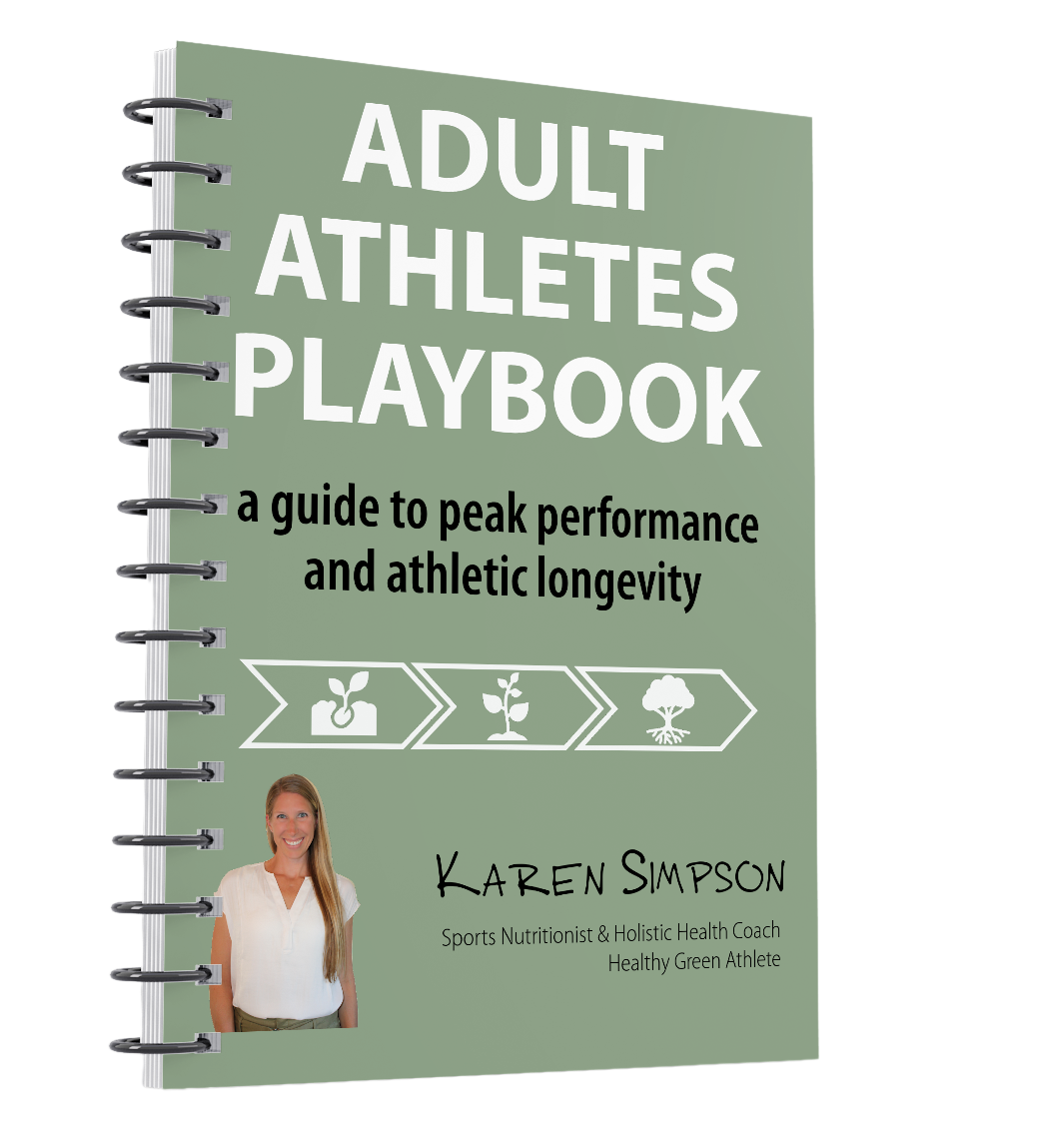
Adult Athletes Playbook
A Guide to Peak Performance and Athletic Longevity
This playbook will help you develop and implement a personalized game plan for improving athletic performance.
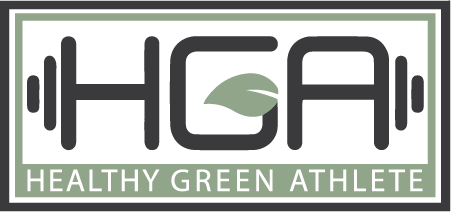

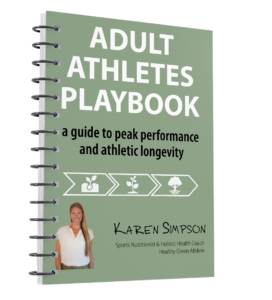

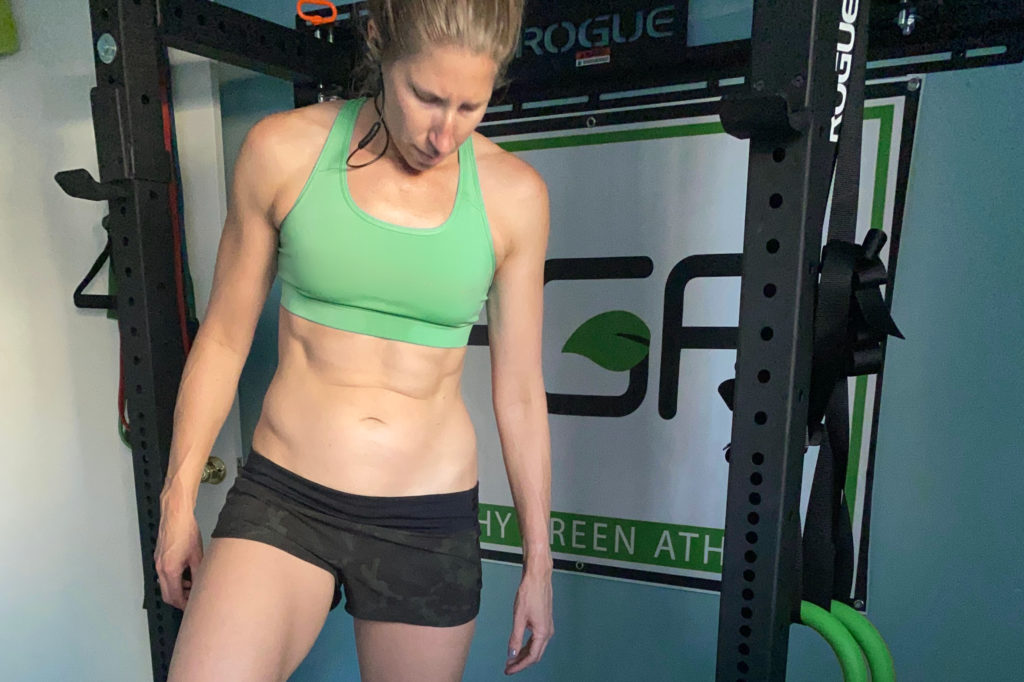

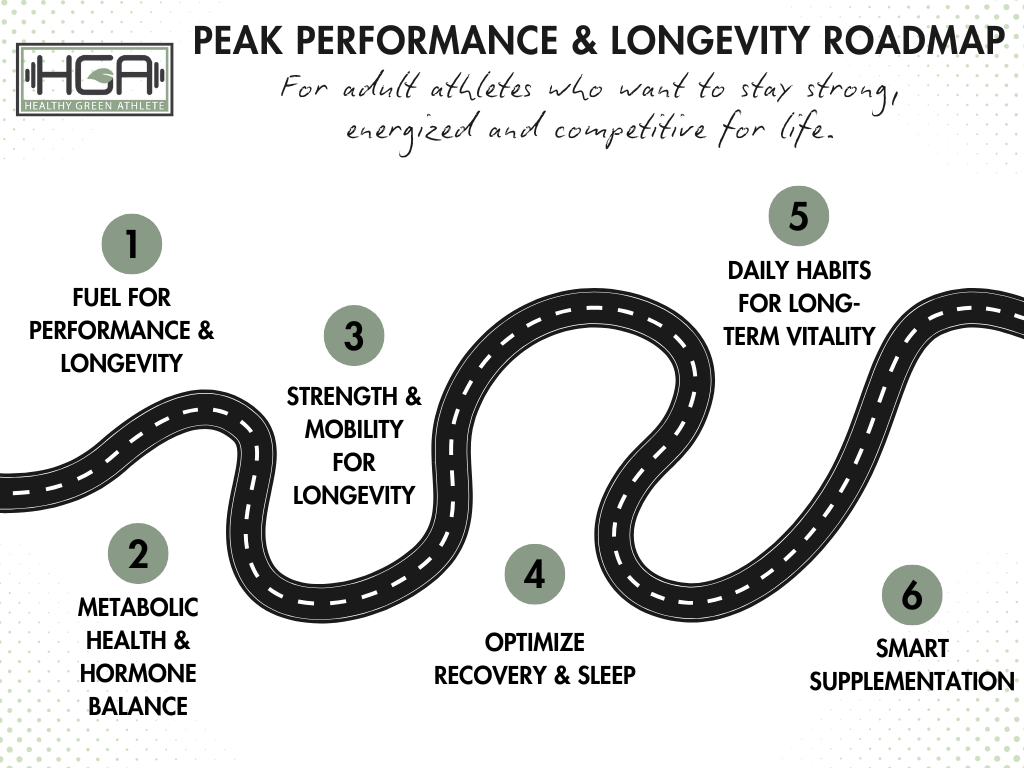



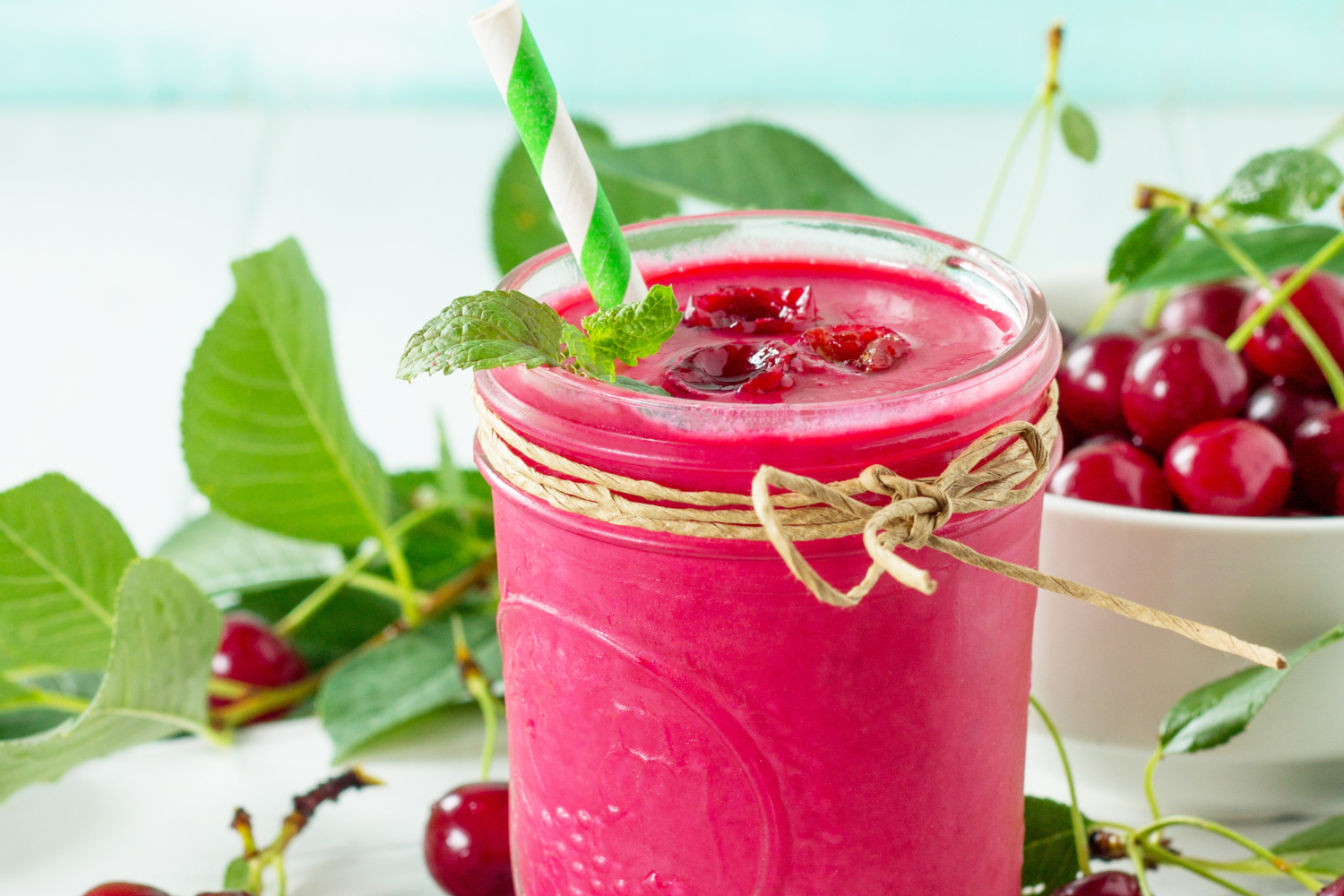


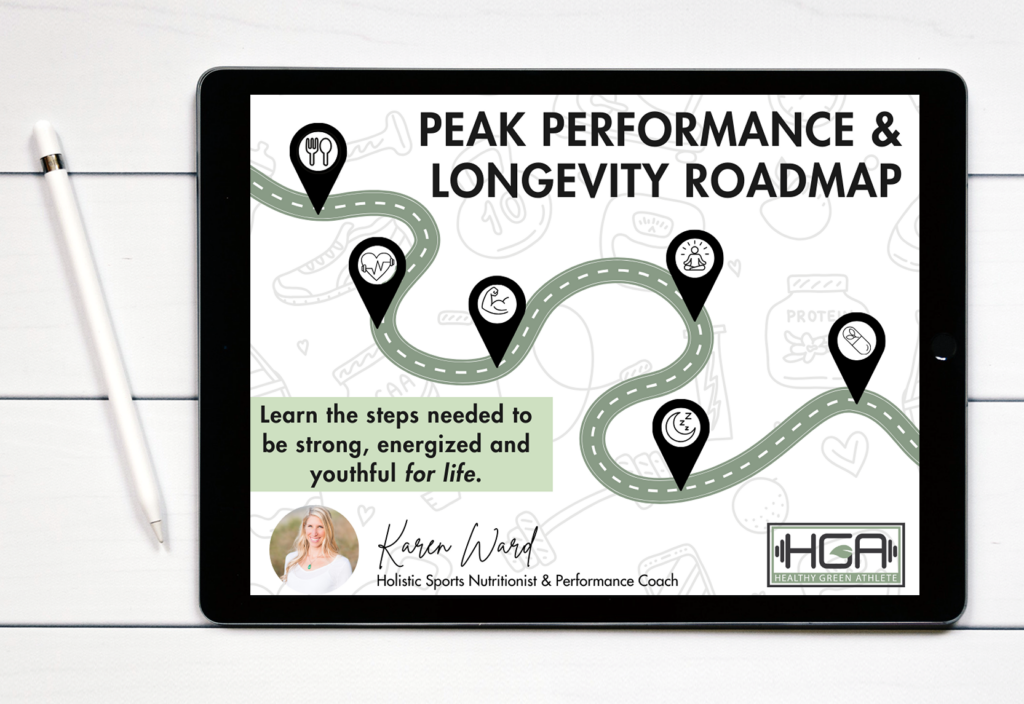
One Comment
Pingback: